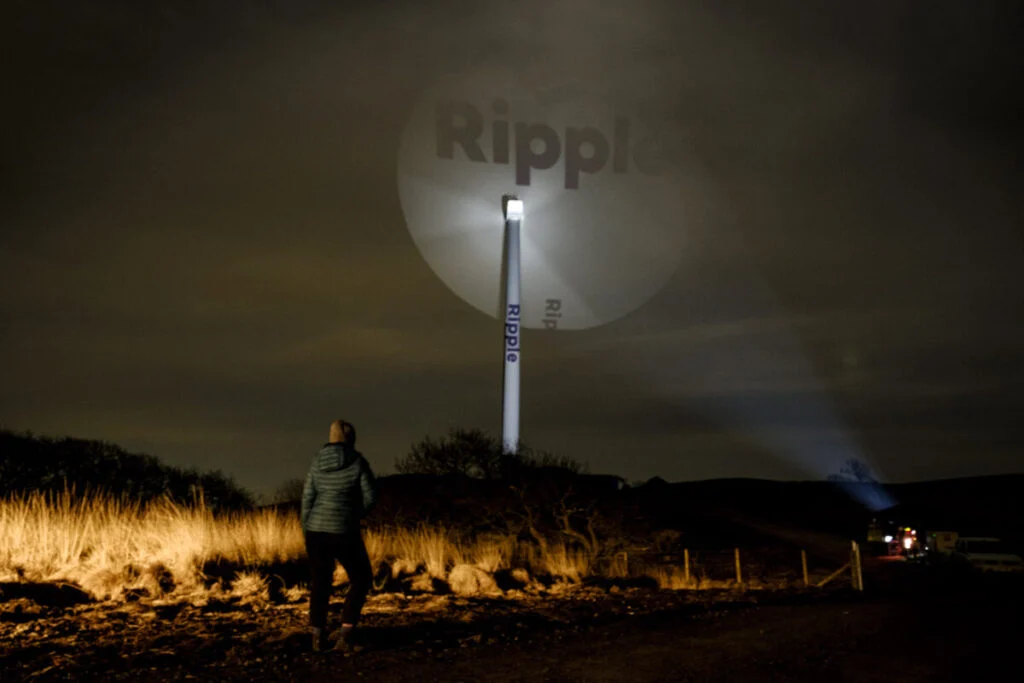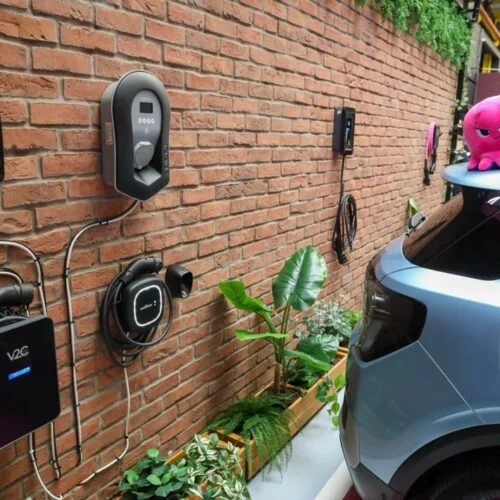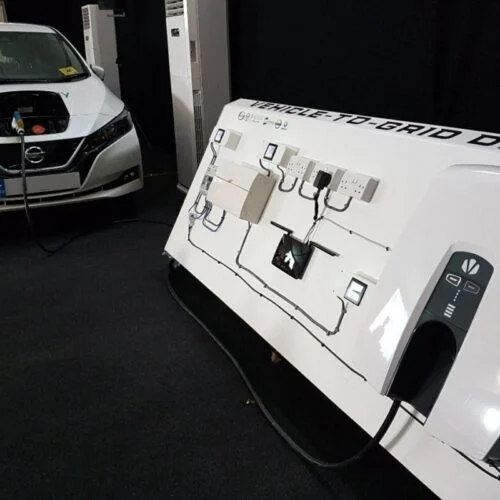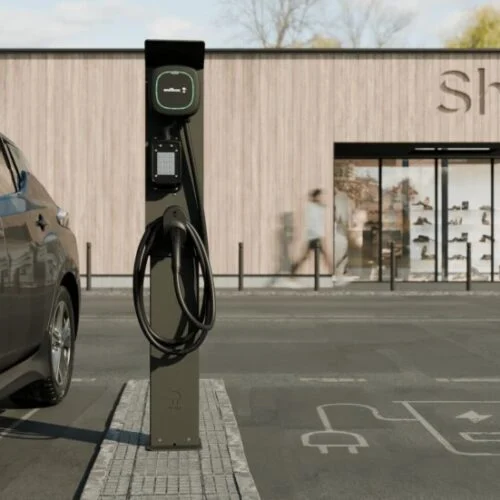A “significant level of accounting discrepancies” discovered in the financial record of Ripple Energy has left cooperative members uneasy about their investments.
Since Ripple Energy announced its insolvency and appointed administrators in March this year, communications on the community discussion forum for its customers have been filled with the question: “Is our money safe somewhere?”
The Ripple Energy business model facilitated a form of community-owned energy whereby, through its platform, British consumers could buy shares in renewable energy generation projects.
When the company entered administration, members were assured that, because Ripple only managed the cooperatives, agreeing deals with utilities like British Gas to reduce customer bills in accordance with their share in the generation plants, operations would not be interrupted.
The administrator’s proposal from Begbies Traynor, the insolvency practitioners assigned the case in March, states that the company’s business model is predicated on there being sufficient management fees to meet the company’s operating costs.
The document states that Ripple’s cash flow issues and pressure from creditors were caused by challenging trading conditions and exacerbated by lower than expected revenue for 2024; the accounts journal for the 2024 financial year shows turnover of approximately £1.4 million and operating loss of £2.2 million.
In late 2024, a “significant level of accounting discrepancies” were “discovered” in the company’s financial records, raising concerns as to its solvency and leading to the appointment of Begbies Traynor.
Just two weeks before Ripple went into administration, its chief financial officer Will Dodd left the company.
Separate entities mean investment should be safe
The project’s first site – a single wind turbine in Graig Fatha, South Wales – went live in March 2022 and is owned by 905 people. The Kirk Hill wind plant in Ayrshire is also operational and unaffected by the Ripple news.
The outcome for those involved third and fourth coops that Ripple was managing, Derril Water Solar Farm and Whitelaw Brae Wind Farm, was less clear.
Current± heard from a member of Coop3, the Derril Hill project, Kane Watkinson, that members waited 30 days between being told Ripple was in administration and receiving further communication—during this period, it was unclear if the Derril Water plant, which is still under construction, would progress, and, if it did not, where the investment would go.
On 20 April 1st Energies contacted Ripple customers, having bought Ripple out of administration. It is unclear exactly what the firm had bought.
According to the statement of administrator’s proposal, 1st Energies spent £75,000 plus VAT and it appears, based on communications from some of the coop boards, that this covered the technology platform Ripple used to enable communication between coop boards and members, but little else.
All 26 members of staff employed by Ripple when it entered administration were made redundant and have yet to be paid outstanding wages; employee claims related to notice and redundancy pay are listed at £120,706. Current± has contacted ex-employees for comment.
Watkinson says that the Derril Water board has since been in touch with members and “the key piece of good news is an ‘assurance that your investment remains safe’ for community coop investors”.
He added: “I fully endorsed Ripple Energy as a community energy concept and proposition but since it entered administration the communication has been poor, especially from 1st Energy.”
Notably, Ripple’s ex-chief project officer Simon Peltenburg has been brought onto the Derril Water board on a short term, contractor basis until the plant is energised.
Chair of the board of Derril Water Coop, Ben Reade, has made efforts to demonstrate that the development will progress as expected, reiterating to coop members that their “investment is safe (Ripple is structurally separate from the coop), the project is making excellent progress and energisation remains on track for late spring.”
Further, the coop has set up separate communication channels away from the Ripple platform. Shareholders are encouraged to register on the newly established page.
An update issued by the board also notes that the administrator’s report lists £77,963.63 as owed to Derril Water; it is the only coop to be a named creditor in the document.
Coop4 and £4 million missing
Payments made to Ripple by customers buying shares in any of the renewable generation projects were, according to Ripple, held in a ringfenced bank account until it could be transferred to the coop that owned the project.
The project in the earliest stage of development when Ripple entered administration was the Whitelaw Brae wind plant. As with all of the projects offered by Ripple, the investor prospectus for Whitelaw Brae states that all invested money will be returned if construction does not proceed.
When Ripple entered administration, it still held the £10.4 million invested by about 7,000 people for a share in the wind plant. The administrators state that according to company records, members’ fees (wattage purchased) totalled £10,411,728.
Funds totalling £6,882,050 have transferred to an administration estate bank account separate from the balance of cash held by the company when administrators were appointed.
Begbies Traynor says the money will remain in the account “pending specialist legal advice and a reconciliation exercise”.
The document states: “Due to the nature of these funds, the Joint Administrators are in the process of obtaining legal advice and instructing counsel, in order to ascertain if these funds should form part of the company’s estate or otherwise dealt with.”
The board for Coop4 in its current iteration was formed on 7 April this year. Its members are Sam Bayley, Klaus Dudas, Thomas Prior and Ursula Stevenson
The board held its first general meeting on 3 May and states it has made contact with members via email on a regular basis. The previous board iteration, although abreast of the status of the Whitelaw Brae project, was not in frequent contact with members.
Thomas Prior told Current±: “The facts around Ripple’s financials, and money held by Ripple on the Coop’s behalf, remain unclear but based on what we do know we have raised concerns about the conduct of Ripple’s directors to the administrators. We have requested to be given access to financial data that concerns Ripple Coop 4 but that access has been refused by the administrators.”
As such, while there is approximately £4 million unaccounted for, investors in Whitelaw Brae have also not had any assurance that the remaining balance will be returned to them. Instead, the investment could be used to pay off creditors.
A source told Current± that Coop4 members have reported the misappropriation of funds to Action Fraud.
We reached out to Ripple’s legal counsel and leadership, and Begbies Traynor, but received no response.
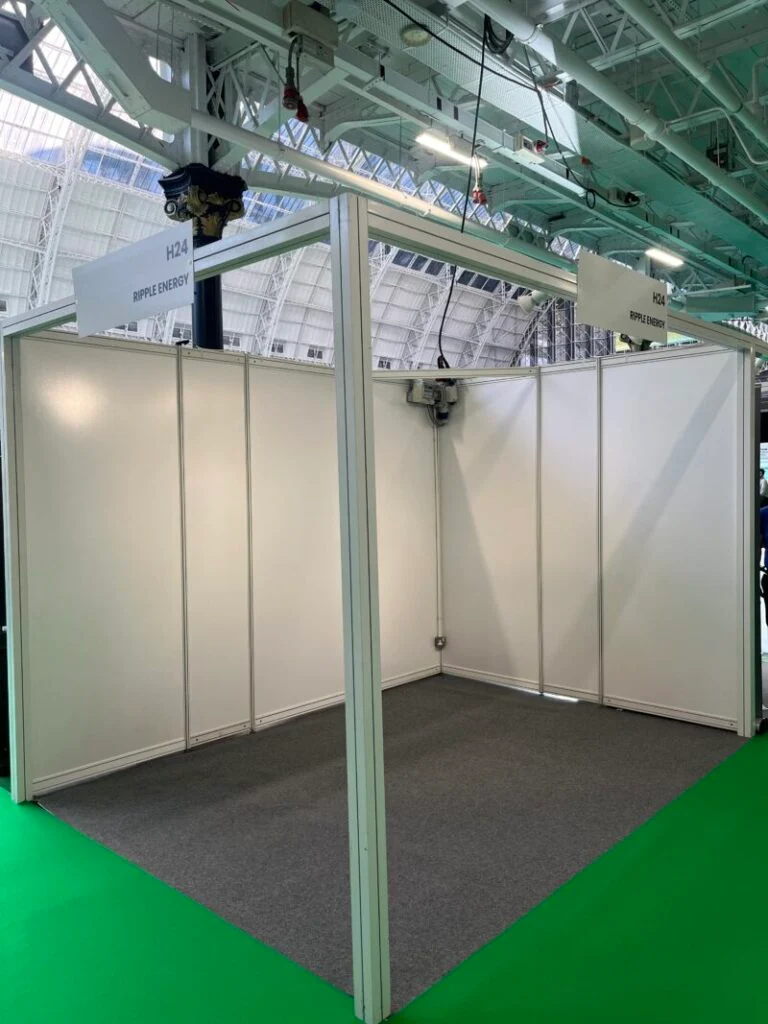
Update: Upon first publication this article stated that there was no board appointed to Coop4. This has been amended, and comment from Thomas Prior added.
